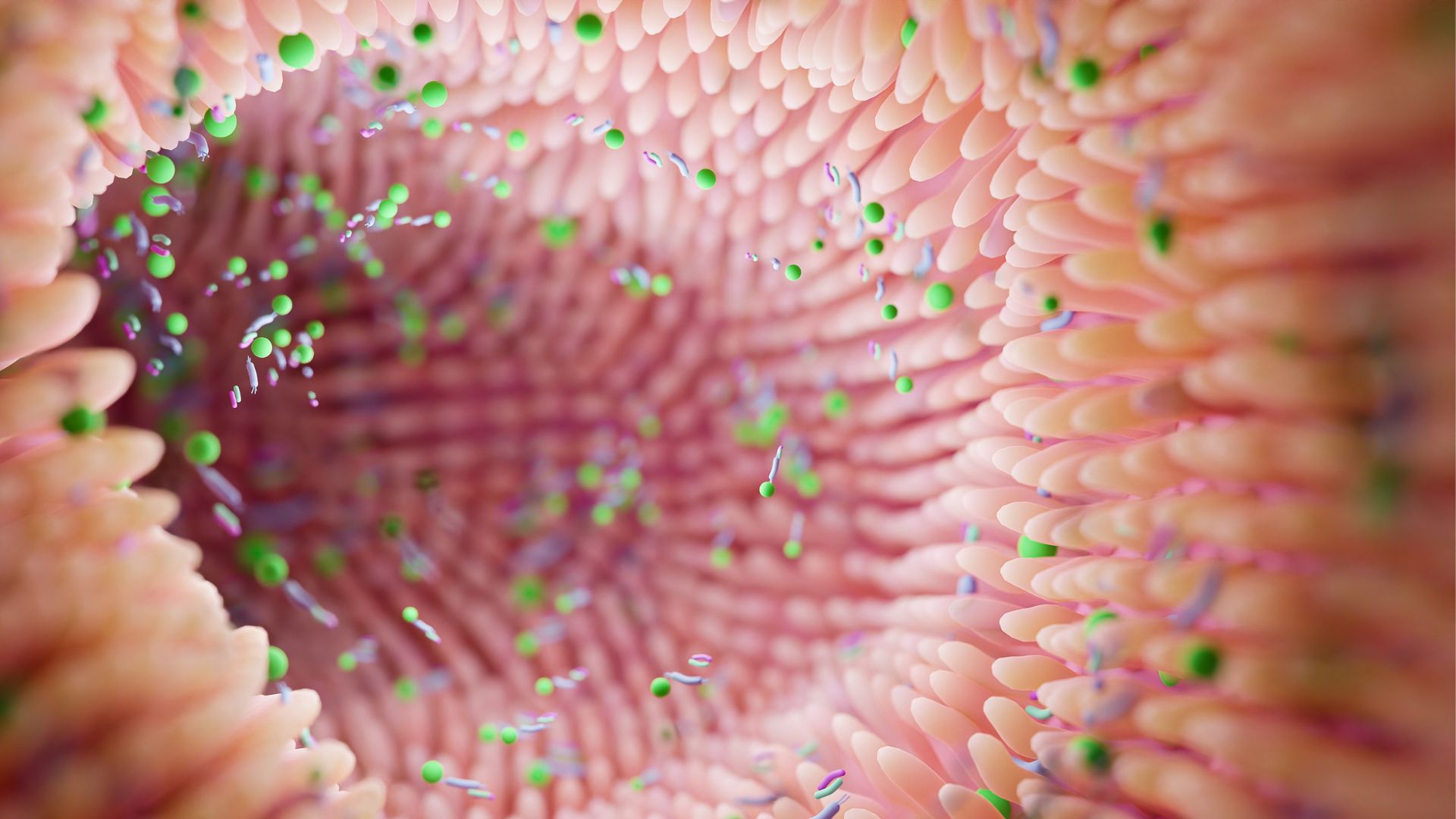FDA approved a 1st-of-its-kind treatment made from human poop. What does it do?
The treatment Rebyota contains gut bacteria and is approved to prevent a dangerous bacterial infection.

For the first time, the Food and Drug Administration (FDA) has approved a treatment that's made using donated human poop, the agency announced Wednesday (Nov. 30). The treatment, called Rebyota, contains gut bacteria collected from the stool of healthy human donors and is approved for the prevention of a potentially life-threatening bacterial infection.
By administering the liquid treatment into a patient's rectum through a tube, doctors can help restore balance to the patient's gut microbiome, the community of microbes living in the lower digestive tract.
Rebyota is approved for use in people ages 18 and older who have recently been treated for recurrent infections with the bacterium Clostridioides difficile, commonly called C. diff for short. C. diff can rapidly take over the gut if the normal microbiome gets disrupted — for example, as a result of antibiotic use. People aged 65 and older, those with weakened immune systems and those who have recently stayed in a hospital or nursing home face the highest risk of infection. As C. diff multiplies in the gut, the bacteria release toxins that trigger diarrhea, abdominal pain, fever and inflammation of the colon (colitis). Sometimes, the infections can lead to organ failure and even death, according to the FDA.
C. diff is estimated to cause about half a million infections in the U.S. each year, and about 1 in 6 patients who develop the infection will get it again within two to eight weeks of recovering, according to the Centers for Disease Control and Prevention.
Related: 'Poop pills' work just as well as traditional fecal transplants
These recurrent infections can be treated with antibiotics, but the drugs don't always work against aggressive, antibiotic-resistant strains of C. diff, and what's more, they can further disrupt the microbiome and sometimes worsen the infection, according to The Scientist. To get at the root cause of the problem — the unbalanced gut microbiome — doctors have increasingly turned to so-called fecal microbiota transplants.
Previously considered an "investigational" treatment by the FDA, these transplants involve transferring screened donor stool into the patient's gut via a colonoscopy, enema or pill. However, sourcing and screening the stool presents a challenge, meaning the transplants haven't been readily available everywhere, and the lack of an FDA-approved product means the therapy often hasn't been covered by insurance, The Scientist reported.
Get the world’s most fascinating discoveries delivered straight to your inbox.
But now, Rebyota is available as the first FDA-approved "fecal microbiota product." In a late-stage clinical trial, the one-dose treatment reduced the rate of C. diff flare-ups by 29.4% in the eight weeks after antibiotic treatment, compared with a placebo, STAT reported. Taking two clinical trials of the treatment into account, the success rate of the treatment "was significantly higher in the Rebyota group (70.6%) than in the placebo group (57.5%)," the FDA noted.
"Today's approval of Rebyota is an advance in caring for patients who have recurrent C. difficile infection [CDI]," Dr. Peter Marks, director of the FDA's Center for Biologics Evaluation and Research, said in the agency's statement. "As the first FDA-approved fecal microbiota product, today’s action represents an important milestone, as it provides an additional approved option to prevent recurrent CDI."
In clinical trials, the most common side effects of Rebyota were abdominal pain, diarrhea, abdominal bloating, gas and nausea. And although the donated feces is carefully screened for pathogens, the treatment does carry some risk of transmitting infectious agents, and it may also contain food allergens, the FDA noted. "The potential for the product to cause adverse reactions due to food allergens is unknown," the agency's statement reads.

Nicoletta Lanese is the health channel editor at Live Science and was previously a news editor and staff writer at the site. She holds a graduate certificate in science communication from UC Santa Cruz and degrees in neuroscience and dance from the University of Florida. Her work has appeared in The Scientist, Science News, the Mercury News, Mongabay and Stanford Medicine Magazine, among other outlets. Based in NYC, she also remains heavily involved in dance and performs in local choreographers' work.
 Live Science Plus
Live Science Plus





